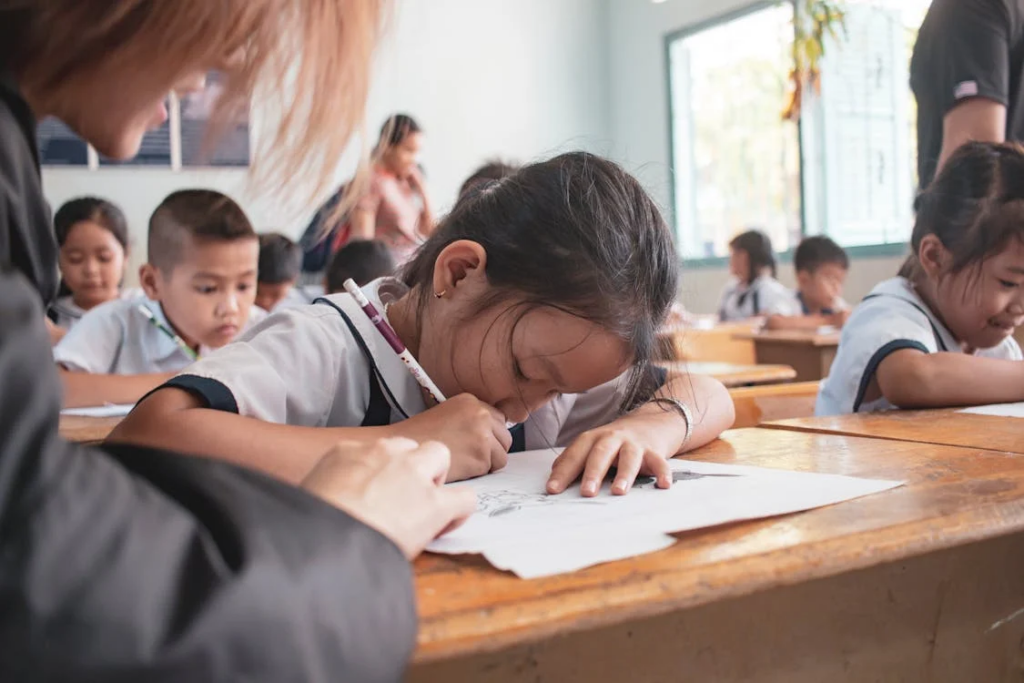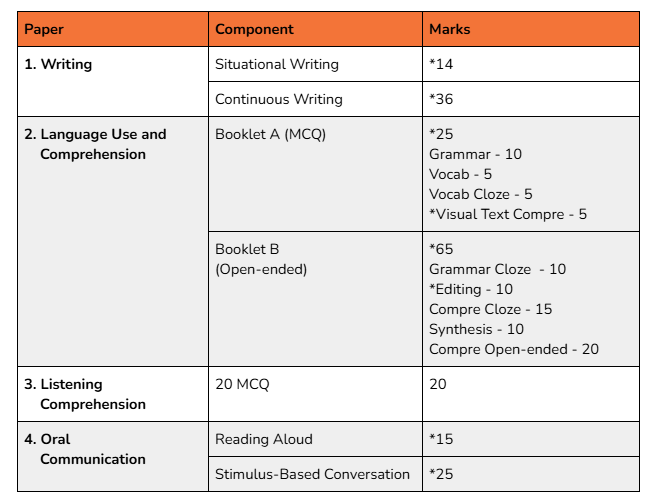"Modern learning may look unfamiliar, but online tutoring is designed to support today’s students in ways that truly work."

Online tutoring has become more common in recent years, but there are still a lot of misconceptions about how it works. Some parents may feel unsure about it—maybe because it’s done through a screen, or because it looks different from what they remember growing up. These doubts are completely normal, especially with so many choices out there. Still, online tutoring can offer meaningful support for children at all learning levels.
In this article, we’ll explore some of the most common misconceptions about online tutoring and explain why they don’t always match up with reality.
Not Just for Homework

Many people assume tutoring is just about getting through tonight’s homework, but that’s only a small part of what it can offer. Good tutoring goes deeper—it helps students build the skills they need to really understand what they’re learning. Things like critical thinking, problem-solving, and staying organised don’t always come naturally, and that’s where a tutor can really make a difference. Over time, students start to approach tough concepts with more ease and less frustration.
Tutoring also encourages better habits that stick with kids well beyond a single assignment. They learn how to manage their time, study more effectively, and feel more prepared when it’s time for standardised tests. Instead of just reacting to challenges as they come, students start to develop strategies that help them stay ahead. So, while homework help is part of the package, the real benefit is in building a stronger foundation for learning overall.
Connected, Not Isolated

A common myth about online learning is that it leaves students feeling isolated, but that’s far from the reality of how most programs work today. Many online platforms offer group classes where class sizes are carefully planned, so students still get that sense of being part of a learning community. They can join virtual study sessions, share ideas, ask questions, and collaborate just like they would in a traditional classroom, just in a different format.
For students who need more personal attention, one-on-one video calls with tutors or teachers are often part of the experience. In fact, online tutoring can sometimes be more interactive than in-person classes, simply because the tutor is focused on fewer students and can give more attention to each one. Instead of feeling alone, many students actually feel more seen and heard in an online setting.
Learning Doesn’t Stop When the Session Ends

It might seem like learning stops when a tutoring session ends, but that’s not quite how it works. While tutoring can give your child an extra boost by explaining tricky topics and guiding their understanding, it isn’t meant to replace independent study. Just like in school, what students do outside of the lesson matters just as much. Logging off a session doesn’t mean putting the books away for the rest of the day.
To really make progress, students need to revisit what they’ve learned, practise applying it, and give themselves time to absorb the material. This helps the concepts stick and leads to stronger results in the long run. Tutoring sets the foundation, but regular review and self-study help build something lasting. A little effort outside the sessions can go a long way in helping your child get the most out of their learning.
No Need to Be Tech-Savvy

Many parents worry that online tutoring won’t be as effective as in-person sessions, especially if their child isn’t very tech-savvy. It’s true that learning through a screen isn’t exactly the same as sitting in a classroom, and that can feel a little intimidating at first. However, most online tutoring platforms are built to be simple and easy to use, with familiar apps like Google Meet and Zoom making it straightforward to connect. Tutors usually take time to guide students and parents through the setup, so you don’t need to be an expert with technology to get the hang of it.
With the right tutor, interactive tools, and video calls, online tutoring can be just as effective as traditional methods and often more flexible. These sessions allow for personalised attention and make it easier for students to ask questions and get instant feedback. The convenience of learning from home, combined with user-friendly technology, helps make online tutoring a practical option for many families.
Discipline Still Counts

Online learning often gets a reputation for being too relaxed, but that doesn’t mean discipline goes out the window. Just because students and teachers aren’t in the same physical space doesn’t mean expectations disappear. Students are still expected to show up on time, stay focused, and follow a routine. This kind of setup gives children the chance to take more ownership of how they manage their time and stay on task.
It may look easy at first, but online learning actually helps students build consistent habits. This is a great chance for your child to build discipline on their terms. It’s also a good opportunity for your child to develop time management skills. They need to meet deadlines, organise their work, and find a balance between screen time and study time. These are all useful habits that can support steady progress and help students stay more prepared day to day.
Tutors Do More Than Just Give Answers

Some people think tutors are just there to hand out answers, but that really misses the point of what good tutoring is all about. A big part of tutoring is helping students understand how to get to the answer on their own. Tutors give students the tools to break down problems, think critically, and figure things out step by step. When kids know the process behind a solution, they’re much better prepared for the next challenge that comes their way.
Tutors often act like a personal guide, showing students smart ways to approach their studies and prepare for exams. They might share strategies or tips that aren’t always covered in the classroom, kind of like giving your child a cheat code, but for learning. This helps students build real skills that stick with them long after the session is over. Instead of just memorising answers, they’re learning how to tackle all kinds of questions with more clarity and independence.
At Curio, our tutors are thoughtful and intentional in how they teach. They understand that every child learns differently, so they adjust their approach to match each student’s needs. Our tutors are former RGS educators who know what it takes to prepare for exams and how to teach smart, effective ways to tackle questions. If your child needs extra support in English, Curio’s online tuition program offers engaging, personalised learning that keeps students motivated. With expert guidance and tailored lessons, your child will pick up useful strategies and practical skills that make studying feel more manageable. Sign up today and see how Curio can make English learning a better experience for your child.
Check out more articles on online learning here: How Online Learning is Reshaping Education, The Joys of Learning Online, The Role of Parents in Online Learning Success, and The Rise of Online Education: What Parents Need to Know.

























































































































